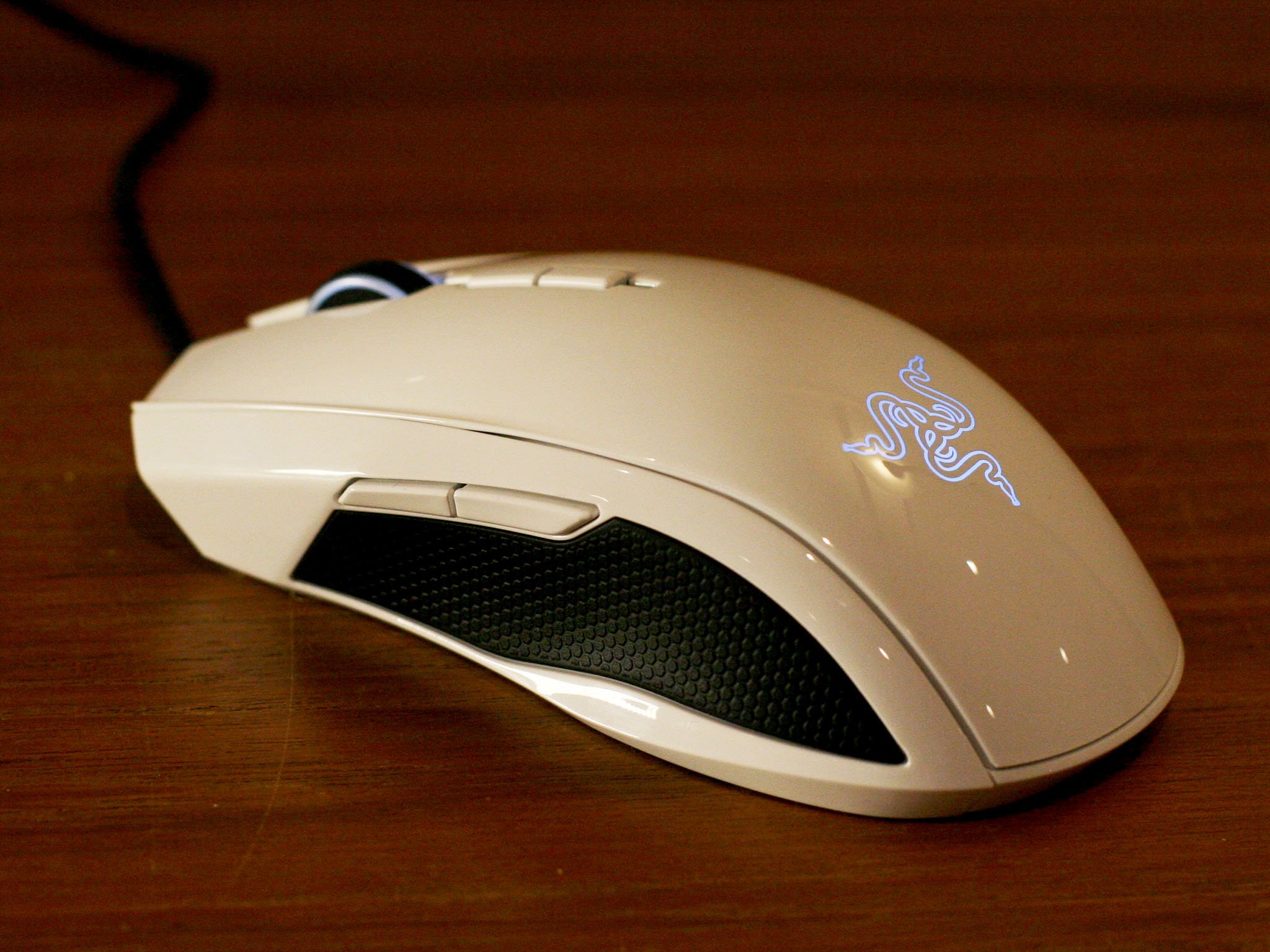Windows users who switch to Mac spend large sums on peripherals. You have to throw out that stuff when you get a Mac, right? No.
Making sure all the other stuff — mice, keyboards, printers, displays, external drives, gamepads, and more — works is important, but Apple makes it pretty easy. Whether it's mice, keyboards, printers, monitors, external drives, or more, that's the switcher concern I'm trying to alleviate this week.
Switch to Mac
Every week our Peter Cohen brings you Switch to Mac — a column to help you move from Windows PC to the Mac and OS X!
P.K. writes:
"I have an HP I'd like to give up on and use a Mac instead. But I've got a perfectly good Wi-Fi printer and a Logitech keyboard and mouse combination I've spent good money on. Not to mention this external screen. Do I have to buy those again?"
That's one of the great things about the Mac mini: It comes with none of that stuff. Neither does its bookend on the other side of the Mac line, the Mac Pro.
If you're on a budget and you'd like to reuse as much of your PC as possible without, y'know, the actual PC part, swap it out with a Mac mini. They start at $499.
Macs are really good at figuring out what kind of devices are attached or available on the network, and they've gotten progressively better about filling in the gaps themselves.
Keyboards and Mice
Any USB keyboard or mouse, unless they're a really funky, unique and non-standard layout, should work without having to install any special driver software.
Some mice manufacturers do offer special driver packages for OS X — consult your mouse maker's web site to see if they do. Even without it, though, Apple's built-in drivers are aware of two-button mouse designs, and lets you manage tracking speed and double-click speed at the bare minimum. Even a wireless mouse that works with a USB dongle should be plug and play.
The first time you plug a new keyboard into the Mac you're sometimes asked to press the keys next to the keyboard shift keys so the Mac can figure out what you're using. But after that it should work.
Again, some keyboard manufacturers offer OS X driver downloads to enable media control keys and other special buttons to function, so check with your manufacturer for sure.
Good news for P.K. — Logitech's one of the companies that is pretty good about OS X support.
Printers, Scanners and Multifunction devices
The Mac can make sense of just about any printer on your Wi-Fi network, and most of the big names support OS X more proactively right out of the box. Even if the printer connects using USB, OS X's printer drivers will try to match it, and if they don't find a match, they'll ask you if it's okay to download drivers to make them work (it's okay).
I generally shy away from the "driver" packages available for download from printer makers' web sites, because they're often bundled with lousy apps that don't work very Mac-like.
Features like faxing should be pretty well supported using existing driver frameworks, often available as an option when you go to print a document.
The Preview app Apple includes with OS X, already on your Mac, supports scanning itself (go to the File menu, then select Import from Scanner. If you have a Wi-Fi printer with scanner built in, you'll find it there). Many image editing applications like Adobe Photoshop also include scanning ability, so don't jump to put the one that came with your printer on there.
Storage
If you've invested in external hard drives or other external storage devices like USB thumbdrives, they'll all work with the Mac. Though you'll likely have to reformat them using Disk Utility in order to get them to work well on the Mac.
The Mac should, at the very least, be able to read those drives even if they're not formatted with Mac-compatible partitions. Having a good file conversion plan like using Apple's Migration Assistant is important here.
Joysticks and gamepads
Gamepad and joystick support is very hit-or-miss in Mac games, though some companies clearly invest more effort in it than others.
I've had the best luck with games I've downloaded from Steam. Games I've downloaded from Feral Interactive and Aspyr are usually pretty good at supporting mainstream game controllers from Logitech and other makers; you can even get your PlayStation or Xbox controllers to work if you're willing to put in a little effort yourself.
Bottom line: Apple's made it less scary than ever to switch to the Mac. So enjoy your conversion!
Have any questions? Let me know in the comments.


No comments:
Post a Comment